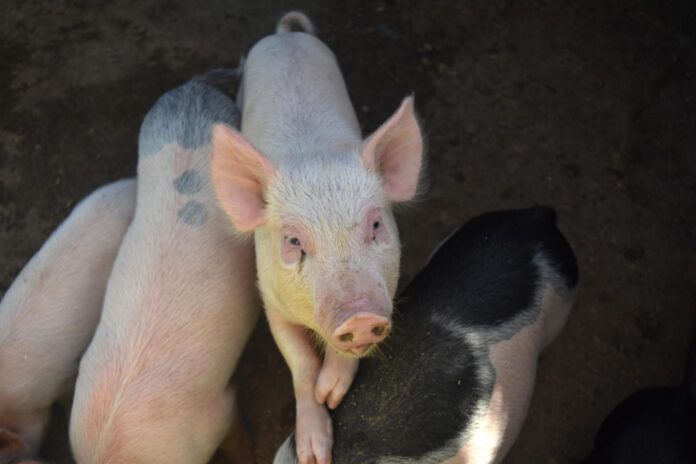Massachusetts General Hospital achieves a medical milestone, potentially revolutionizing organ transplants
In an unprecedented medical breakthrough, doctors at Massachusetts General Hospital in Boston have successfully performed the first pig kidney transplant into a living human patient. This groundbreaking procedure, performed on 62-year-old Richard Slayman, offers a glimmer of hope for thousands on transplant waiting lists and represents a significant step forward in the field of organ transplantation.
Slayman, who has battled type 2 diabetes and high blood pressure, faced the grim reality of dialysis after his human kidney transplant in 2018 began to fail. The prospect of a five to six-year wait for another human kidney seemed insurmountable, considering his deteriorating health. However, the introduction of a genetically engineered pig kidney from the biotechnology company eGenesis has turned the tide in his favour.
eGenesis specializes in developing human-compatible organs using CRISPR gene-editing technology to modify pigs’ genetic makeup. By eliminating specific genes responsible for carbohydrates that trigger human immune responses and adding human genes to prevent transplant rejection, eGenesis has made pig organs more suitable for human transplantation. Additionally, the company has inactivated viral DNA in pigs that could pose a risk to humans, totalling 69 genetic modifications aimed at making pig organs viable for human use.
The surgery, which lasted four hours on March 16, has thus far been successful, with Slayman recovering well and expected to be discharged soon. The operation could pave the way for using genetically modified pig organs to address the critical shortage of human organs for transplantation.
This landmark procedure also holds promise for addressing health equity issues in organ transplantation. Ethnic minority patients often face significant barriers to kidney transplants, including a disproportionate shortage of donor organs. The success of Slayman’s surgery, facilitated by anti-rejection treatments and immune-suppressing drugs, raises the possibility that dialysis could one day become obsolete.
As the medical community watches Slayman’s recovery and the long-term viability of the pig kidney, the successful transplantation marks a hopeful milestone in the journey toward overcoming organ shortages and saving countless lives. This procedure not only exemplifies the potential of genetic engineering and cross-species transplantation but also underscores the relentless pursuit of innovation in healthcare to solve some of its most pressing challenges
